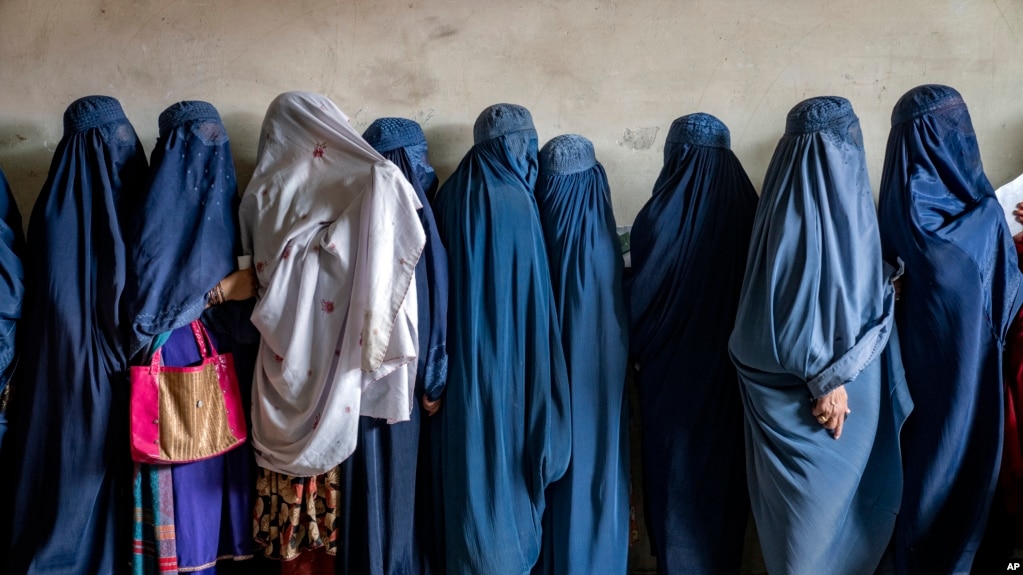Amirabdollahian said in a gathering that the “Taliban are not [like] Daesh and that they are today’s reality in Afghanistan.”
The Islamic Emirate reacted to the recent remarks of Iranian foreign minister Hossein Amirabdollahian regarding the formation of an inclusive government in Afghanistan, saying that its government is inclusive and that other countries should not interfere in the internal affairs of Afghanistan.
Amirabdollahian said in a gathering that the “Taliban are not [like] Daesh and that they are today’s reality in Afghanistan.”
He said that the Islamic Emirate has fought with Daesh, and that Iran should boost efforts for security and stability in Afghanistan.
“Afghanistan can steer toward stability and security when all tribes have a role in the governance of the country. We have clearly told the Taliban’s officials that the Taliban and Pashton tribe is part of the reality in Afghanistan but not the whole reality,” Amirabdollahian said.
The formation of an inclusive government, observing human rights including women’s education and work, and preventing Afghan soil from being used as a threat to foreign countries are the main demands of the international community of the Islamic Emirate.
“We can prove it from many angles that our country is at the level which is called for, but there is a need for more development and we are trying to make more progress,” said Zabiullah Mujahid, Islamic Emirate spokesman.
The political analysts said that Iran as a neighboring country can play an important role in the improvement of Afghanistan.
“The regional countries including Iran can create a more political space for negotiations of the various political parties and diplomacy for the formation of an inclusive government,” said Wahid Taqat, political analyst.
Earlier, the acting Foreign Minister, Amir Khan Muttaqi, said that the international community doesn’t have a clear definition of an inclusive government.
 Afghanistan Peace Campaign
Afghanistan Peace Campaign